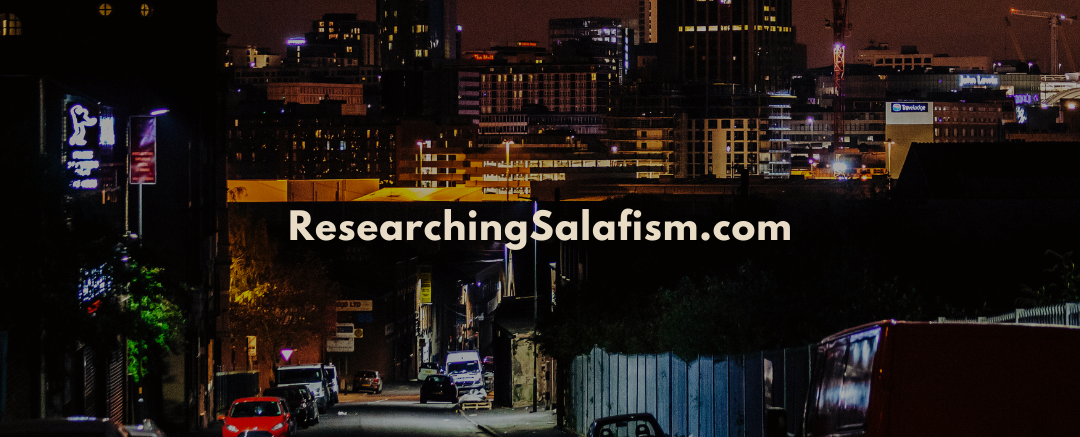
Consequently, UK college and university campus Islamic Societies (ISocs) became an ideal space to explore and develop a new kind of Islam during this period and would go on to play a significant role in creating fertile ground for Islamic activism. For instance, the 1995 massacre in Srebrenica cited as the ‘event that sparked second-generation radicalism’[1]—which two decades later, three key western powers [Britain, the US and France] were found to be complicit in,[2] contributed significantly to the mobilisation of disaffected young British Muslims who were ready to reject a religio-ethnic identity in the search for an alternative. I can recall how a one-off event—a private on-campus screening of a video called The Killing Fields of Bosnia, had a profound and lasting effect on those of us who were also noticing the rise of Islamophobia being shaped by the ‘new right’ Conservative rule.[3] This video, which was distastefully sensationalised by political agitators at the time, followed the tragic fate of 8,000 Bosnian Muslim men and boys who were supposedly under the ‘protection’ of the United Nations, caused us to ponder seriously our future as British Muslims in a Europe that ‘stood idly by during the massacre of Bosnian Muslims’.[4]
Further, the fact that the Bosnian War was taking place in a location a mere 24 hour drive away did indeed deepen a sense of collective Islamic identity within us,[5] as well as trigger feelings of helplessness, guilt and hypocrisy. This was something I felt quite starkly when vacationing at the end of my undergraduate degree with Greek friends in their homeland in the summer of 1993, since had we not driven past road signs for Bosnia, I would not have realised just how close I was to where the ethnic cleansing of fellow Muslims was taking place.[6]
Muslims today often feel a sense of apprehension about their place in the West, similar to the uncertainty experienced during the Bosnian crisis. For Salafis in particular, this apprehension is heightened by widespread misconceptions about their beliefs, often conflating their commitment to traditional Islamic teachings with extremism. Ongoing issues like the genocide of Gazans in Palestine, Islamophobic rhetoric, and policies targeting Muslim communities contribute to feelings of alienation and vulnerability. These challenges, coupled with the scrutiny Salafis often face for their distinct practices, lead to a heightened sense of marginalisation. Much like during the Bosnian crisis, Muslims, including Salafis, struggle with identity, belonging, and security, seeking to balance their faith with integration while striving for justice and safety in an often hostile environment.
[1] Leiken 2012:158.
[2] Vulliamy 2015.
[3] Tyrer 2014:304, cited in Peter and Ortega 2014.
[4] Leiken 2012:159, 167.
[5] Leiken 2012:159.
[6] The Bosnian War (1992–1995).





Be the first to comment